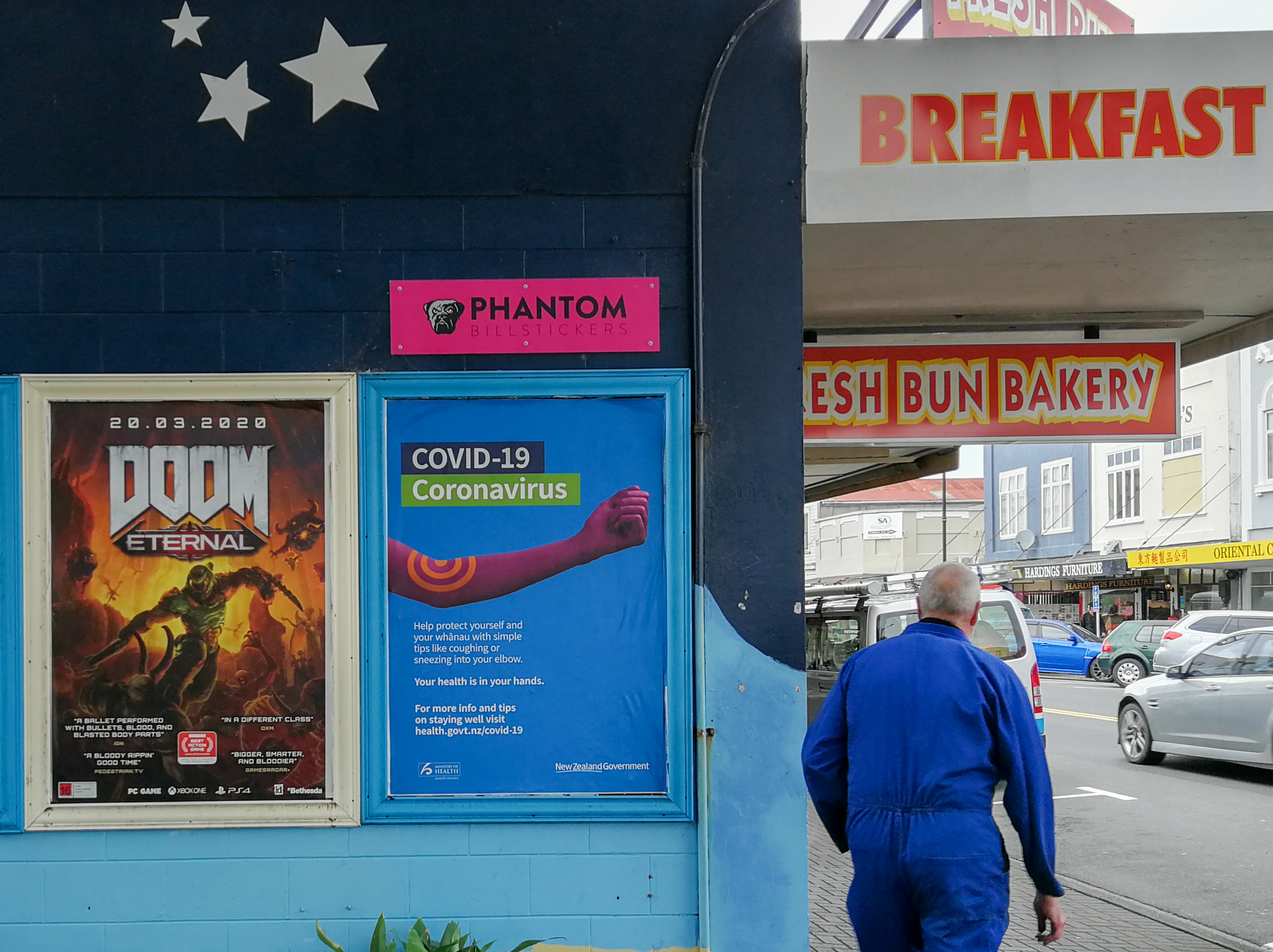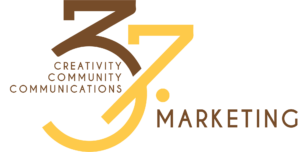By Clare Erasmus
As the March 15th anniversary of the mosque attacks come to a close, our beautiful New Zealand now faces the COVID-19 pandemic that has thrown the world into a global crisis and an uncertain future.
Having grown up in South Africa in the 1980s, I lived a life that existed in segregated communities, disparities between class and mostly race; a society that was fragmented, broken and characterised by racism and apartheid, and what a loss that was to us all.
Moving to New Zealand, opened my eyes and my heart to a world that I had long desired. What I saw was a diverse community that was like a quilt threading together people from different cultures, amicably. What a wonderfully rich way to learn, grow and experience the world in one place. For me, Christchurch connected time, place and space of countries. Connections across places, spaces, and time enabled the networking of values, beliefs and traditions across cultures. With a sociological lens, this made Christchurch largely appealing, and a place that I wanted to raise my children in. What a pleasantly different way of life and experience of life my children and their generations of children would enter into. What a true privilege. New Zealand, through my lens, you have got it right!
As I reflect back to March 15, 2019, it was a moment of utter disruption, loss and chaos. Without giving more attention to the culprit, what I extracted from this event was how a community emerged stronger, a time where New Zealanders of all cultures banded together and social solidarity was the order of the day, week, month, year and beyond. The floral tributes, the outburst of love and compassion towards our harmed community, our fellow Muslims, highlighted how well this country opens its heart, embracing and comforting those affected.
In a global sense, we are entering into unknown and uncertain terrain globally. It is evident that our countries are connecting, talking, sharing and coming together to fight this pandemic. We face uncertainty, but we face it with social solidarity. Our world becomes stronger as we connect and explore new policies that will cater to worldwide wellbeing.
While we agree to disagree across countries on many points, we help and learn from each other.
Nationally, we witness a strong sense of this solidarity, acts of kindness, people and communities looking out for each other, no matter your class, race gender or any other social stratifier.
New Zealand and the world will be different post the COVID-19 pandemic. Hopefully, like New Zealand in the aftermath of the mosque attack, the impact will be for the betterment of our society and the world at large.
As the English novelist and biographer, Dame Margaret Drabble, put it “when nothing is sure, everything is possible.”
About the Author: Clare is an author and educator, living locally in Christchurch. She has written books for both educators and children. She has a Bachelor of Arts (Sociology and Legal Studies), Bachelor of Arts Honours (Sociology), Masters of Social Science, Bachelor of Education, Certificates in both TEFL and TESOL and is currently undertaking her PhD in Education.
Photo: A COVID-19 billboard in Wellington. by Guo Lei (Xinhua)










